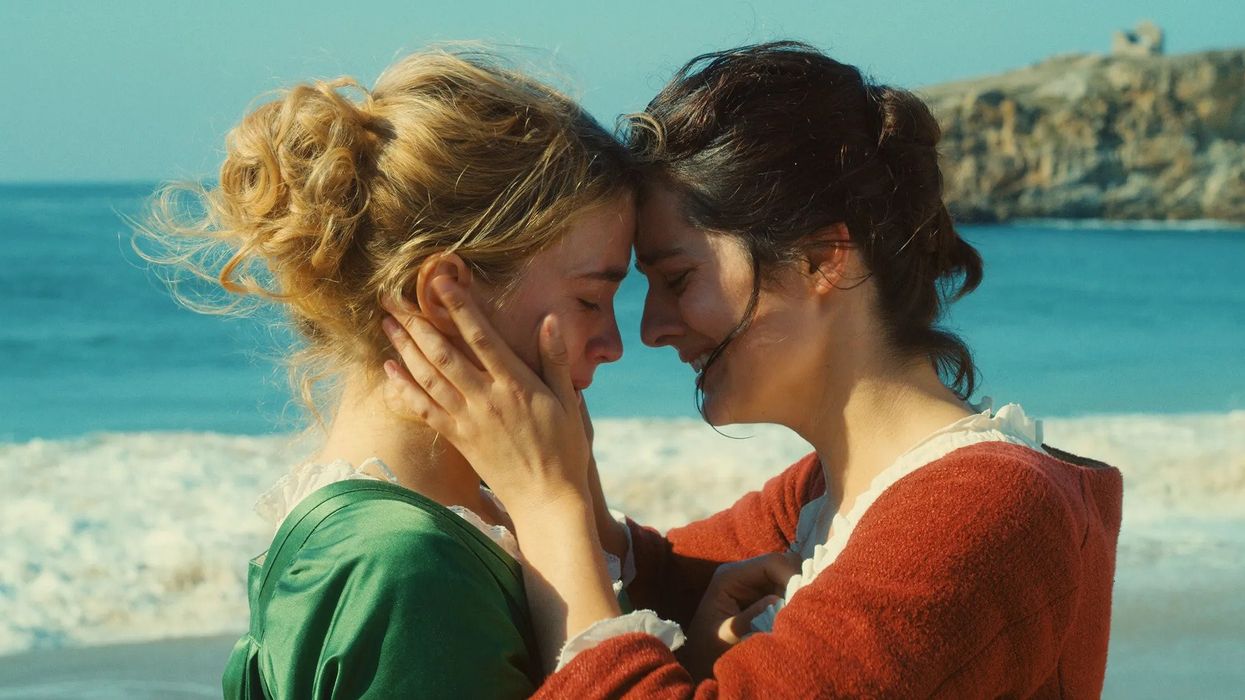'Portrait of a Lady On Fire' Writer Céline Sciamma Tells You How to Write Characters with Agency
How can you buck conventional storytelling and showcase your unique voice?

One of the most stunning instances of recent storytelling was Portrait of Lady on Fire, which came out in 2019 and seemed to light up the independent cinema world. Written and directed by Céline Sciamma, the movie was a powerhouse of desire, sexuality, gender, and the female gaze. Sciamma has been leaving her personal mark on film and television for a while now, and we can learn a lot from her.
In a recent lecture, Sciamma discusses her writing process and the importance of giving agency back to her female characters. There's so much in it for all of us.
Check out this video from BAFTA Guru, and let's talk after.
Portrait of a Lady on Fire Writer Céline Sciamma Talks Agency in Female Characters
I have to say I love these free screenwriting lectures so much. This one runs almost 40 minutes, and it's full of great tips.
Sciamma starts by addressing the idea that storytelling has been around forever. That means we have a lot of conventions drilled into us. Things people expect from stories. But as writers, our job is to surprise people. So if it is expected, we need to subvert it. We have to buck these boring trends and tell things that feel personal and important to us.
Tropes can weigh a story down. Really know the genre of what you're going to work on and see what you can do to bring your voice to a subject.
In addition to all that, Sciamma addresses writing female characters. Whether you are a man or woman, gay or straight, or anything in between, you have to write your female characters with agency. Far too often, we see female characters pushed aside. It's not that they're not in movies and TV shows, it's that they have no wants, needs, desires, or goals in those stories. They have no agency.
That agency not only makes a character well-rounded, but it also draws in actors who want to play characters that embody all that.
To sell screenplays now, you need to have attachments. And you'll never find A-list talent for characters who lack agency.
One last thing I loved was how her desire for scenes she wanted to shoot, like the bonfire scene in the movie, led to her writing those scenes. It seems like a no-brainer, but working your visions into your screenplays is important. Don't do it just to do it. Find a reason within the story and make it pop.
What were some of the lessons you took away from this lecture? Any parts I didn't cover you think are worth sharing?
Let me know what you think in the comments.











